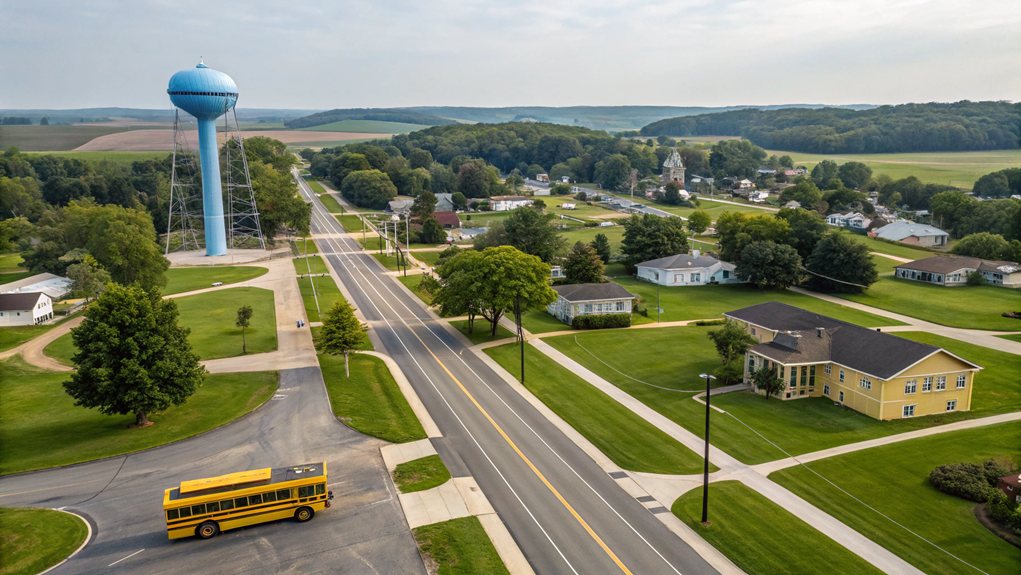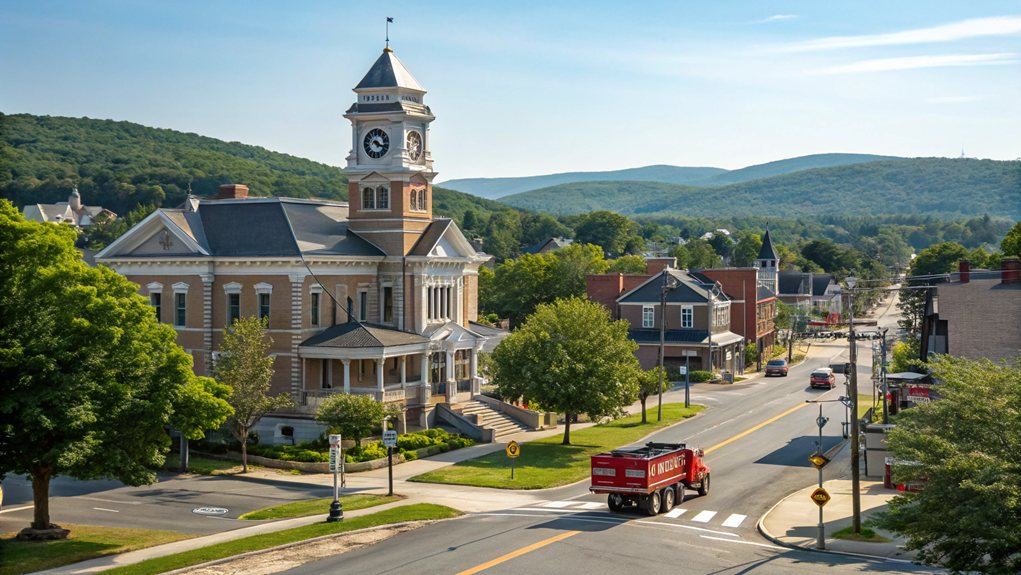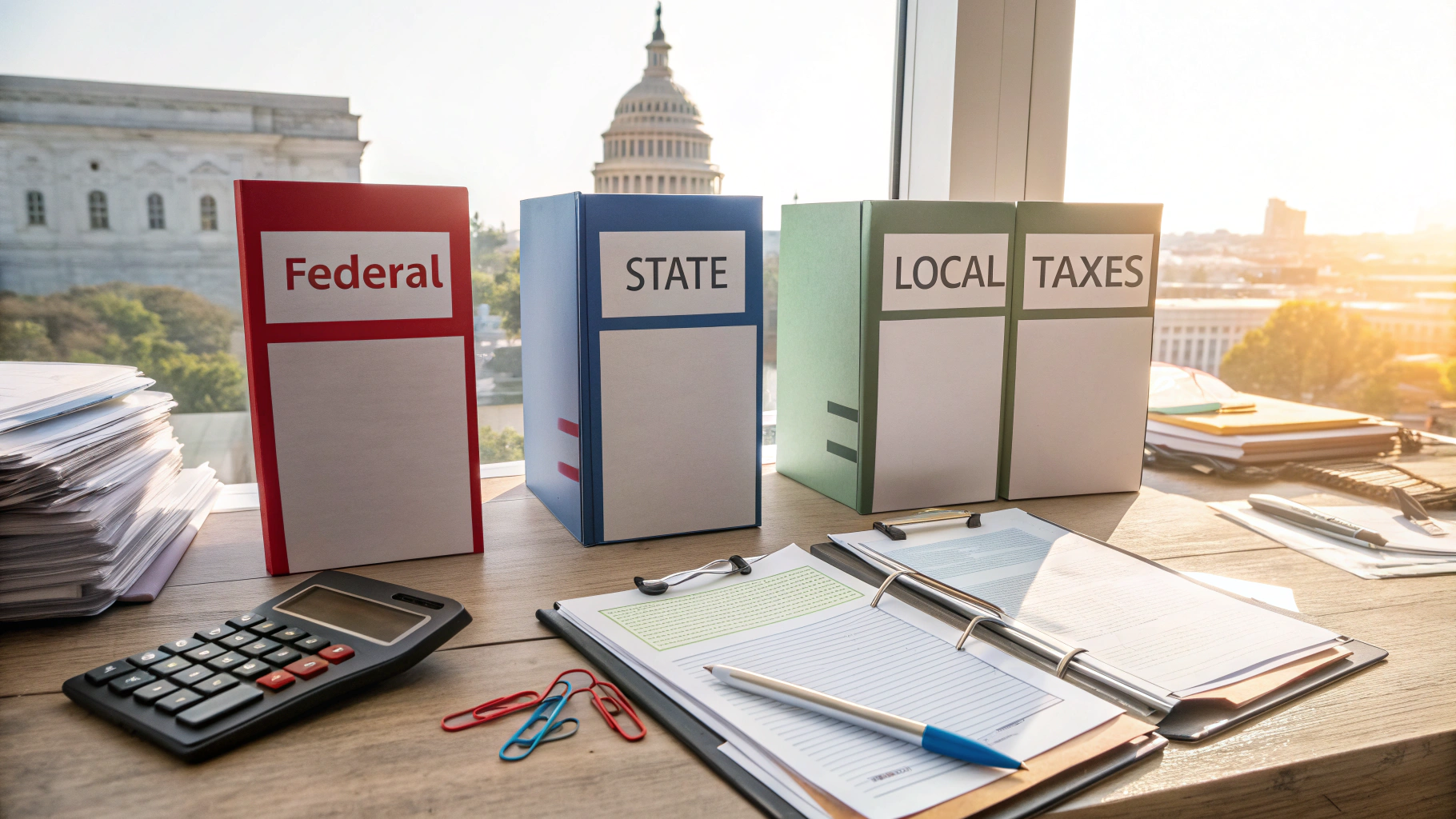Local governments exist to keep communities running smoothly. They provide essential services like water, trash collection, and public safety. Think of them as the local superheroes—but without capes. They're structured with elected officials, like mayors and council members, plus a few appointed folks. They manage everything from roads to schools while relying mostly on property taxes for funding. If they run short on cash, good luck getting those services! Want to know more about their inner workings?

Local governments, whether you love them or hate them, play an important role in everyday life. They're the ones who guarantee your water flows, your trash gets picked up, and, well, that you're not living in a lawless wasteland. Organized to meet community needs, local governments deliver crucial services like education and public safety, all while being supervised by the ever-watchful state governments. However, they still manage to keep a little autonomy, which is nice.
Local governments are essential for daily life, ensuring vital services like water, trash collection, and public safety.
The structure of local governments can be a bit of a mixed bag. You've got your elected officials—mayors, council members—who call the shots, alongside appointed ones and legislative councils. They don't just sit around, though. They run police and fire departments, maintain roads, and manage public schools. In fact, there are 87,849 local jurisdictions across the U.S., showcasing the extensive network of local governance. Local governments can sometimes merge their functions into a consolidated city-county jurisdiction, which helps streamline services for residents.
When it comes to funding, property taxes are their bread and butter. Think about it: without those taxes, how would they afford to keep the lights on or the roads from crumbling?
Then there's the regulatory side of things. Local governments enforce zoning laws and building codes, making sure that your neighbor doesn't turn their backyard into a junkyard. They also manage licenses and permits for businesses—because who wants to deal with a rogue hotdog stand popping up on every corner?
Community engagement is where it gets interesting. Local governments often ask for input from citizens, which sounds great in theory. They have advisory boards, consultations, and collaborate with community groups. But let's be real: how often do you actually feel heard?
Finally, intergovernmental relations come into play. Local governments work closely with state and federal agencies, trying to get funding and support for local projects. It's a constant juggling act of needs, budgets, and policies.
Frequently Asked Questions
How Are Local Government Officials Elected or Appointed?
Local government officials get their jobs through two main routes: elections or appointments.
In thirty states, people vote for their local officials—yes, democracy in action!
But wait, some states prefer the appointment route, which can feel a bit like a backroom deal.
Elected officials often deal with partisanship, while appointed ones might escape that drama.
It's a wild mix, with each state playing by its own rules.
Local governance? It's a real circus.
What Services Do Local Governments Typically Provide to Residents?
Local governments provide a smorgasbord of services.
Think police keeping the peace, fire departments rushing in when things get too hot, and EMS swooping in for medical emergencies.
Don't forget about trash collection—everyone loves a clean neighborhood, right?
Parks for playing and libraries for reading are also on the menu.
Plus, they manage roads and zoning, ensuring no one builds a skyscraper next to your house.
It's a busy job, for sure.
How Do Local Governments Fund Their Operations?
Local governments fund their operations through various sources. Property taxes? Sure, they rely on that. Charges and fees? Oh, they love those too.
Intergovernmental transfers? A whopping 37% of their revenue comes from state and federal funds. And let's not forget about local option taxes that help them patch the roads.
It's a juggling act, really. They need to manage budgets, plan for emergencies, and sometimes partner up with private entities. It's complicated!
What Role Do Citizens Play in Local Government Decision-Making?
Citizens play a massive role in local government decision-making. They vote, attend meetings, and voice their opinions.
Sure, it sounds boring, but it's essential. Without citizen input, policies might miss the mark, leaving communities in the lurch. Engaged citizens keep leaders accountable—no one wants to face angry voters.
Plus, when citizens feel involved, trust in government grows. It's like a community therapy session, just with more bureaucracy and fewer couch cushions.
How Can I Get Involved With My Local Government?
Getting involved in local government? Easy. Attend those snooze-fest meetings – they're like reality TV, but with more bureaucracy. Comment when you can; your opinions matter, or at least they should.
Volunteer for campaigns; nothing says "civic duty" like door-knocking on a Saturday. Or run for office and watch your friends suddenly "get busy."
Join boards or start a petition. It's about making noise, pushing for change, and, honestly, just being heard.








